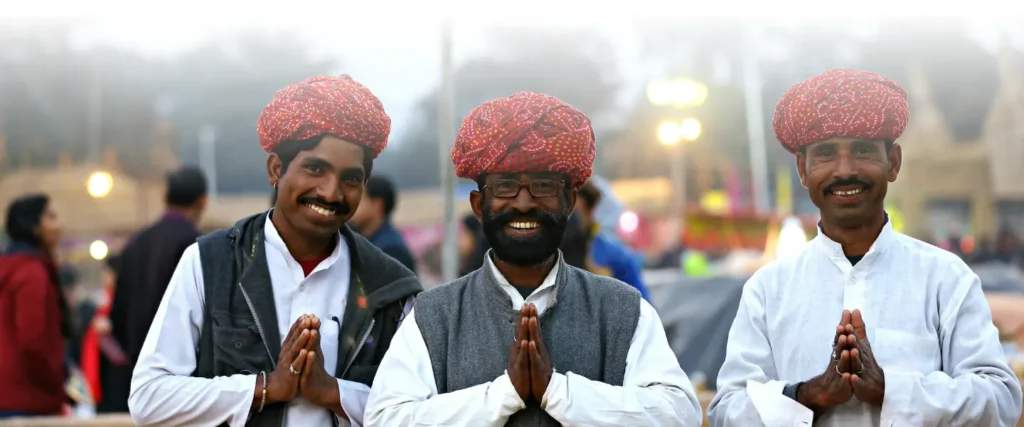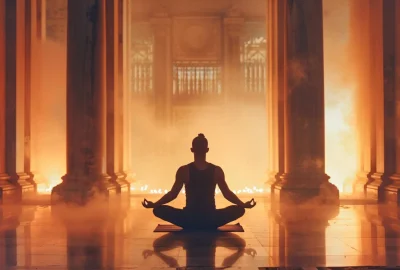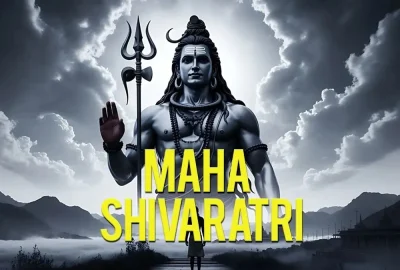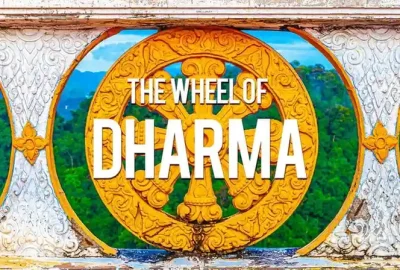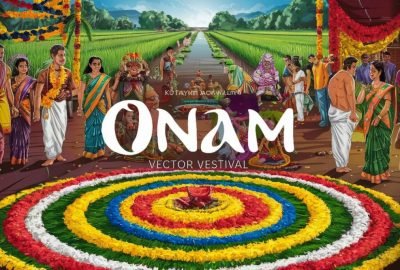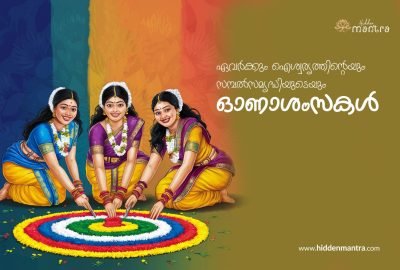Indian Culture
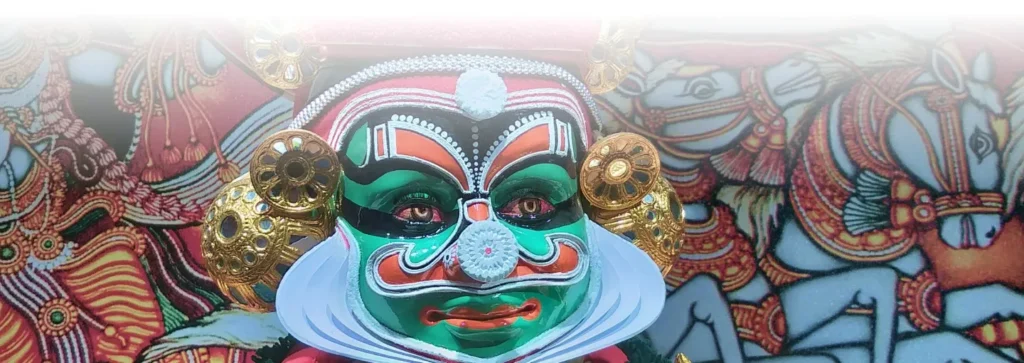
India: A Land Known for Its Traditions
Exploring the Pillars of Indian Culture
Religion & Spirituality
As Annie Besant puts it “India is a country in which every great religion finds a home.” India is a country where people of all religions coexist and celebrate each other. India is the birthplace of Hinduism, Buddhism, Jainism, and Sikhism. Islam and Christianity are two religions practiced in India but came to India from abroad.
Hinduism & Buddhism
Both these religions are based on karma (what you do), moksha (liberation), reincarnation, nirvana (enlightenment), and dharma (the right way of living). They also follow the practice of meditation (dhyanam, samadhi) and yoga. More than being a religion Hinduism and Buddhism are the ways of life. Hindu originally meant living on the banks of the river Indus. Buddhism founded by Siddhartha Gautama shows people how to live truthfully and spiritually to attain nirvana.
Jainism
Christianity
Islam
Festivals & Celebrations
Art & Expressions:
We have read about how each state and each religion has its celebrations and festivals. The same is true for art forms. Each state has its art, music, and dance forms. For example, Bharatanatyam is the famous dance form of South India while we have Kathak in Northern India and Odissi in East India. The South Indians have Carnatic Music while the Northern States have Hindustani music. Similarly, there are art forms associated with religions. In Kerala Hindu temples hold Theyyam, Kathakali, Krishnan Attam, etc, while Christians have Margam Kali, Chavitt Nadakam etc. Muslims also have their art forms such as Oppana, Mappila Paattu, Duff Muttu, Arabana Muttu, etc. to name a few. Each state also has its differentiating painting techniques such as Madhubani Painting from Bihar, Tanjore Painting from Tamil Nadu, Mural Painting from Kerala, and Block Printing from Rajasthan.
Culinary Delights
Destinations of India
India is a land of immense cultural richness, historical depth, and natural beauty, making it one of the most diverse travel destinations in the world. Why visit India? Because it offers a unique blend of ancient civilizations, sacred traditions, architectural wonders, and breathtaking landscapes. From centuries-old temples and royal palaces to peaceful mountains and coastal regions, every part of India tells a story rooted in history and spirituality. The best time to visit India is from October to March, when the climate is pleasant for sightseeing, festivals, and outdoor exploration across most regions. Hill stations such as Shimla, Manali, and Darjeeling are best enjoyed during summer months, while the monsoon season enhances the beauty of places like Kerala with lush greenery and tranquil backwaters. India’s top places include Varanasi, known for its spiritual rituals along the Ganges; Rishikesh, a global hub for yoga and meditation; Jaipur and Agra, famous for majestic forts, palaces, and the Taj Mahal; Kerala, offering serene backwaters and wellness retreats; Goa, known for beaches and cultural festivals; and Himachal Pradesh, ideal for nature lovers and mountain views. Things to do in India range from visiting ancient temples, museums, and heritage sites to attending colorful festivals, practicing yoga, exploring wildlife sanctuaries, and experiencing local traditions, making every journey deeply enriching and unforgettable.

Customs & Daily Life
“Namaste” or welcoming the guests to our house with folded hands is a daily habit of Indians. We say Namaste as a salutation to elders also. Indians believe in the benefits of eating with their hands. In India, eating with our bare hands is considered polite as well as a healthy habit. As per the dress code of Indians, this also depends upon the geographical boundaries of the people. In the South men mostly wear Dhotis while women wear Sarees. Putting jasmine flowers in their hair is also a tradition that South Indian women enjoy. Churidars, Salwars, and Kurtas can be seen mostly in the Northern states of India though saree is a preferred mode of dressing all over India. Indians earlier preferred the joint family system. Mrs. Aishwarya Rai Bachchan once addressed the question of Indians living with their parents and her answer is perfect to explain Indian thought on living together as a family. “It’s fine to live with your parents, because It’s also common in India, we don’t have to take appointments from the parents to meet for dinner.” As you can see here, we have tried to give you a glimpse of the Indian culture. We at Hidden Mantra, hope to present to you more on the wide array of Indian culture that you wish to read and learn.
